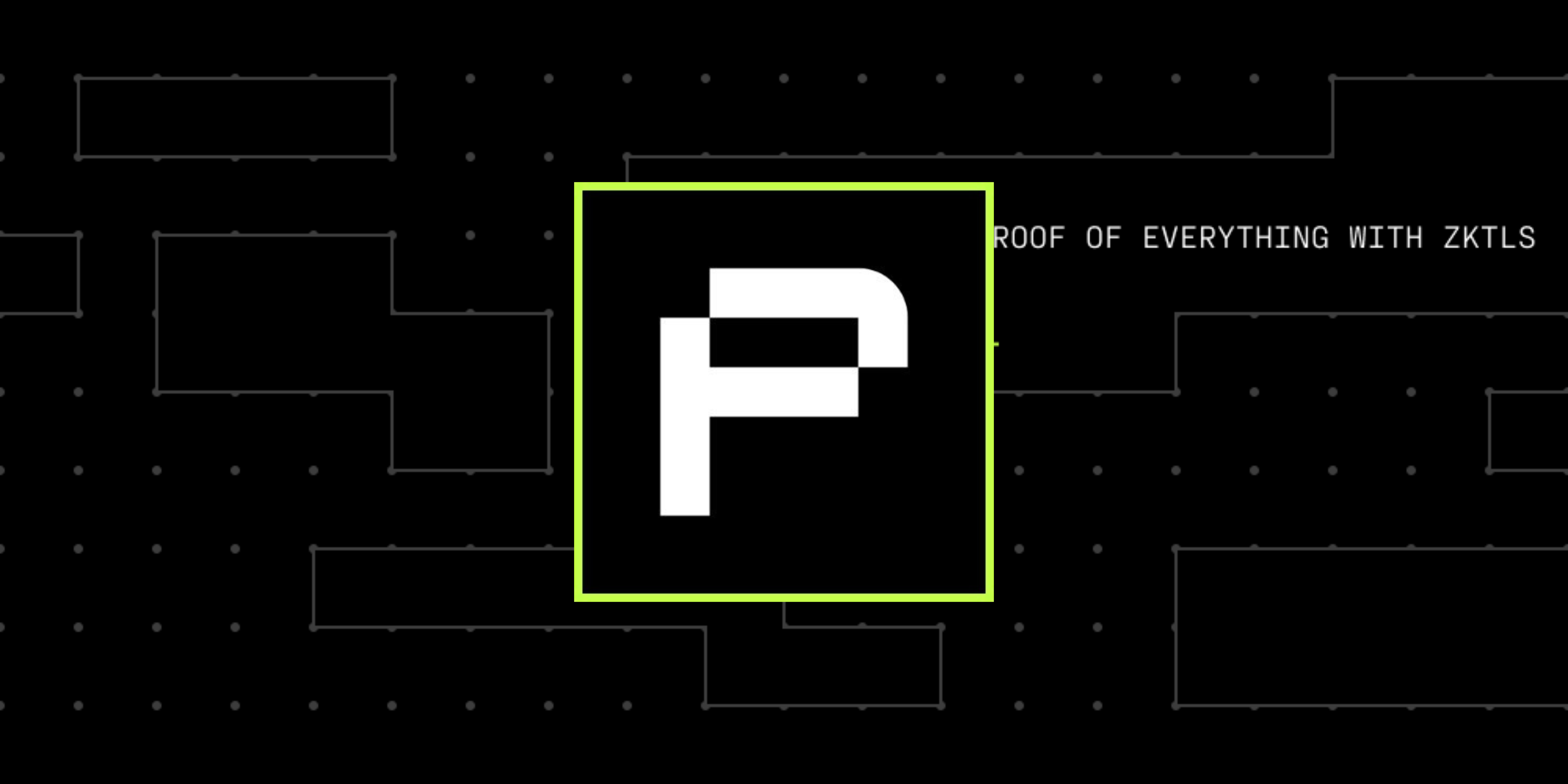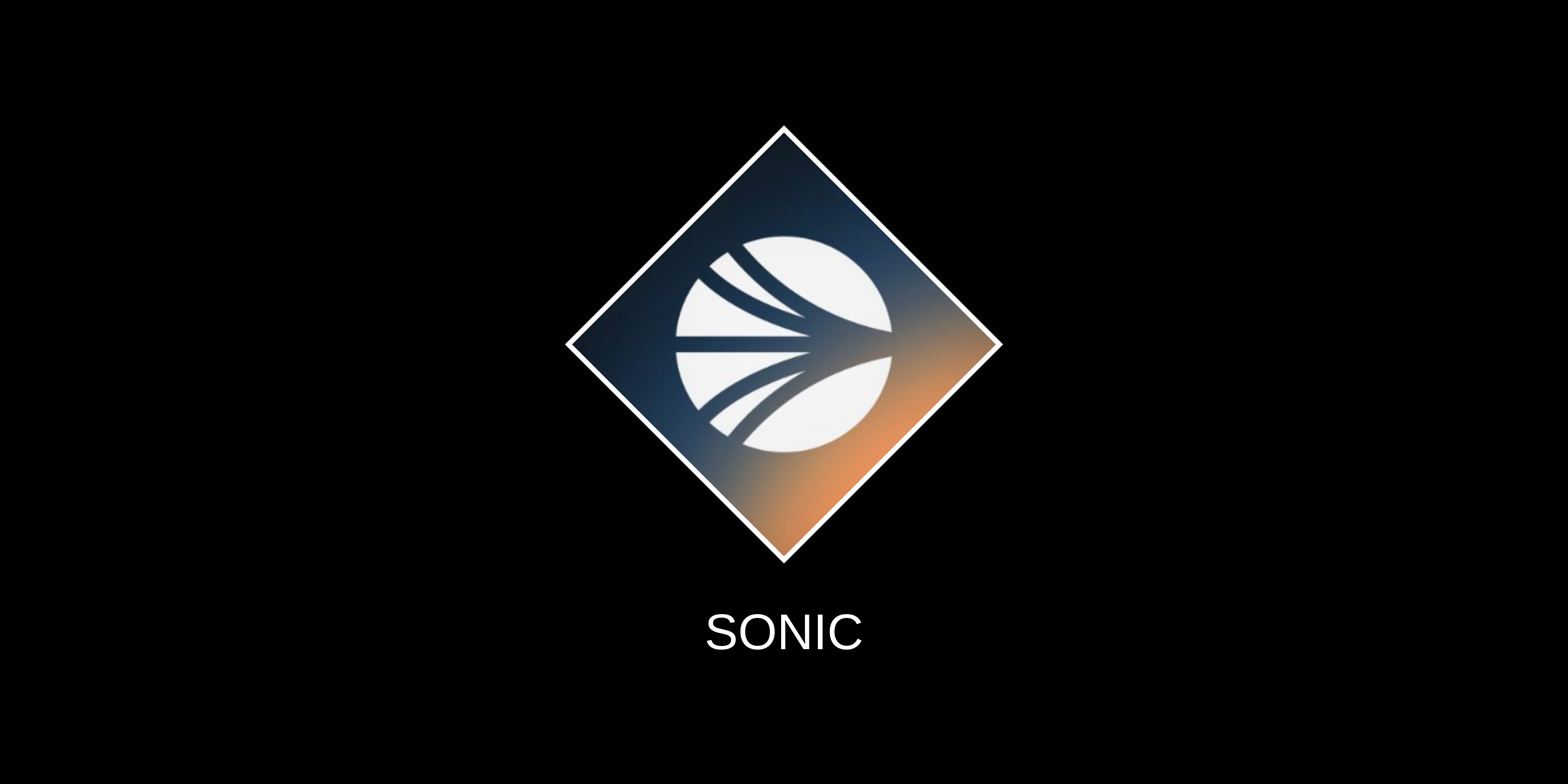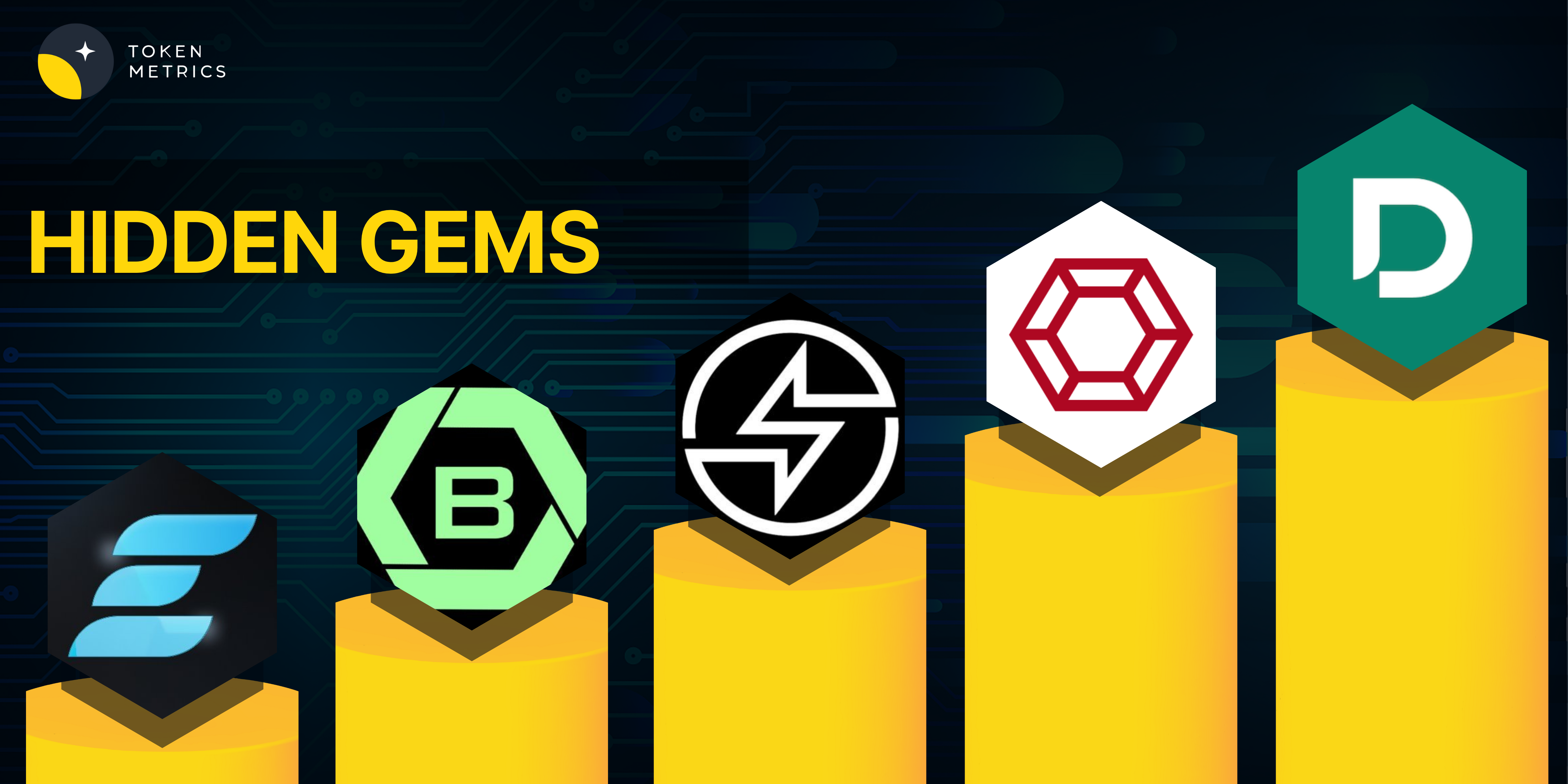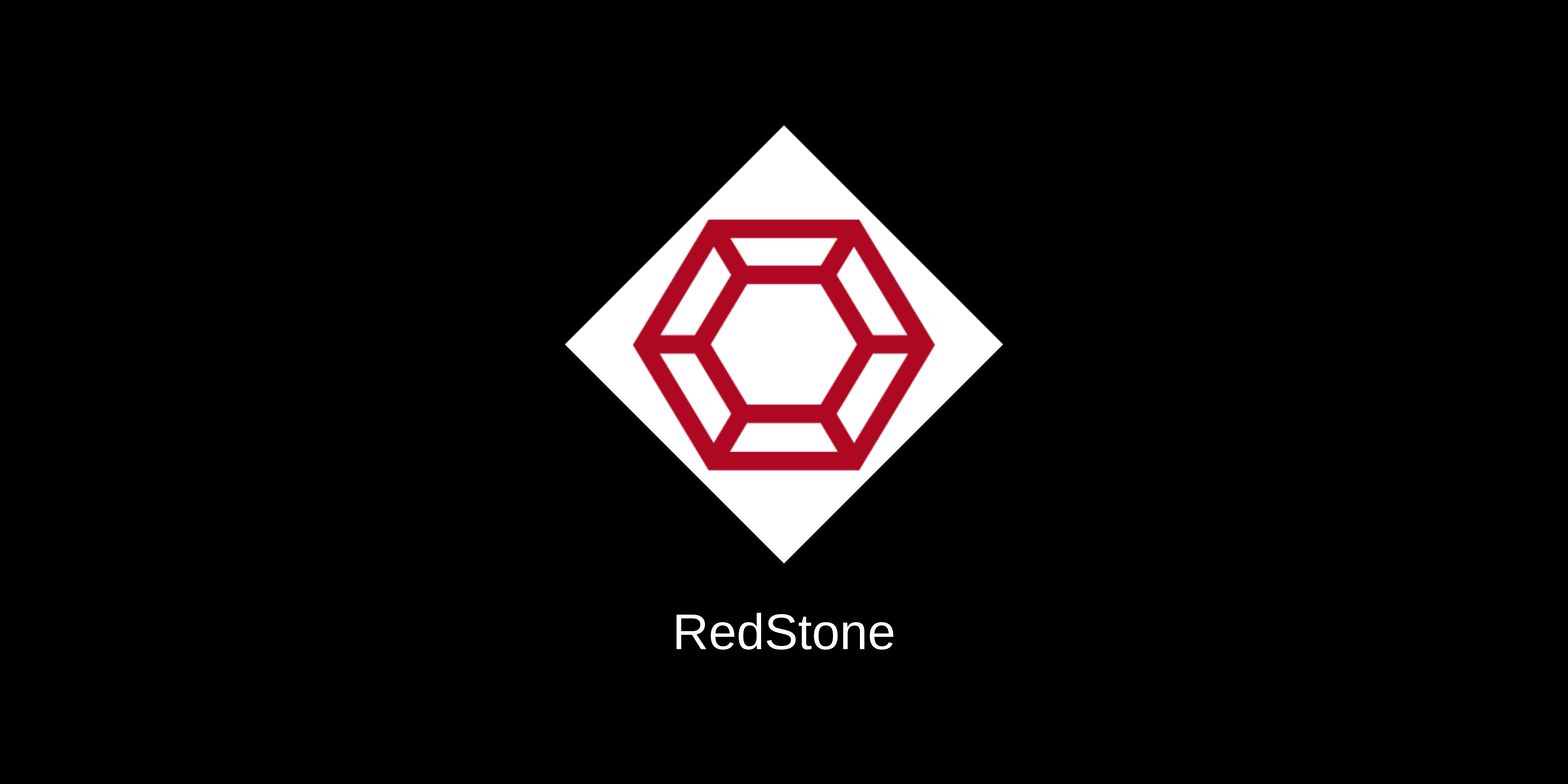Executive Summary
zkPass is a private data protocol that enables privacy-preserving verification. It enables users to securely authenticate and verify their private data across multiple platforms without revealing sensitive information. It utilizes zero-knowledge proofs (ZKP) and multi-party computation (MPC) to maintain data privacy and security. Participants can provide and selectively authenticate personal information in Web2 and Web3 environments, including legal identity, financial details, healthcare information, social interactions, work experience, education levels, and skill certifications. All data is encrypted, and zkPass ensures it will not be disclosed or shared with other platforms.
About the Project
Vision – To become an Oracle that verifies Private Data onchain.
Problem – The current Web3 landscape lacks a reliable means for storing personal data on-chain and lacks mechanisms for verifying and securely protecting personal data online
Solution – zkPass addresses this issue by offering a private data platform that verifies personal data while safeguarding user privacy. The platform is built on Multi-Party Computation (MPC), Zero-Knowledge Proofs (ZKP), and Three-Party Transport Layer Security (3P-TLS).
Features
- Privacy-preserving: Strong data privacy is maintained through Multi-Party Computation (MPC) during interaction sessions and Zero-Knowledge Proofs (ZKP) during proof sessions, ensuring that agreement parties remain unaware of the data.
- Compatibility: The zkPass Protocol is backward compatible and widely adaptable to existing data source protocols, ensuring the data source remains unaware of the data destination.
- Verifiable: By reengineering the standard TLS protocol into zkPass’s three-party TLS protocol, the platform ensures private data provenance, precise encryption, and high security.
- Interoperability: The project is compatible with and operates seamlessly across all HTTPS websites, eliminating the need for APIs or third-party licenses.
- Anti-fraud: A decentralized network of MPC nodes splits session keys to verify the authenticity, integrity, and validity of data, preventing fraudulent activities such as identity theft and data tampering.
Use Case
- zkKYC – zkPass enables verification of various personal details, including age, nationality, gender, and address, ensuring secure and private KYC (Know Your Customer) processes.
- Medical and Healthcare – zkPass verifies patient identities, creates medical records on the blockchain, and securely shares medical records with hospitals and clinics. It also verifies clinical trial participants, confirms health insurance benefits, manages prescriptions, supports telemedicine and online consultations, and provides access to limited medical services.
- Job – zkPass checks work history, demonstrates experience from charitable organizations, securely shares data, and verifies HR processes for new employees entering a company.
- Finance (DeFi & CeFi) – In the financial sector, zkPass provides proof for capital sources, credit scores, and insurance requirements. It also supports risk assessments, transaction checks, and user access control, ensuring a secure and efficient financial environment.
- Education and Research – zkPass verifies degrees and educational transcripts, confirms ages, and protects data for individuals under 18. It monitors exam safety, prevents cheating, ensures privacy during collaborative research, and complies with international data-sharing rules.
Market Analysis
Blockchain technology has experienced remarkable growth, valued at $2.4T, with projections indicating further expansion. Oracles are essential in crypto as they source, execute, and verify data from external centralized sources before submitting it to smart contracts. This process addresses a significant challenge in the crypto market. As the crypto market grows, the demand for oracles will increase. According to CoinGecko, the market capitalization of oracles already stands at $12 billion.
Competitive landscape – Established players such as Chainlink and Pyth Network hold a substantial market share in the Oracle market. However, these oracles provide publicly available data, and none address the private data market. This gap gives zkPass an early advantage as the first oracle to operate in this sector. zkPass supports identity verification across various fields, including finance, healthcare, education, and social networks. The platform offers a secure, private, and reliable foundation for today’s digital ecosystem. By leveraging blockchain technology, zkPass enhances the authenticity of private data sources and facilitates verification through the blockchain.
Team
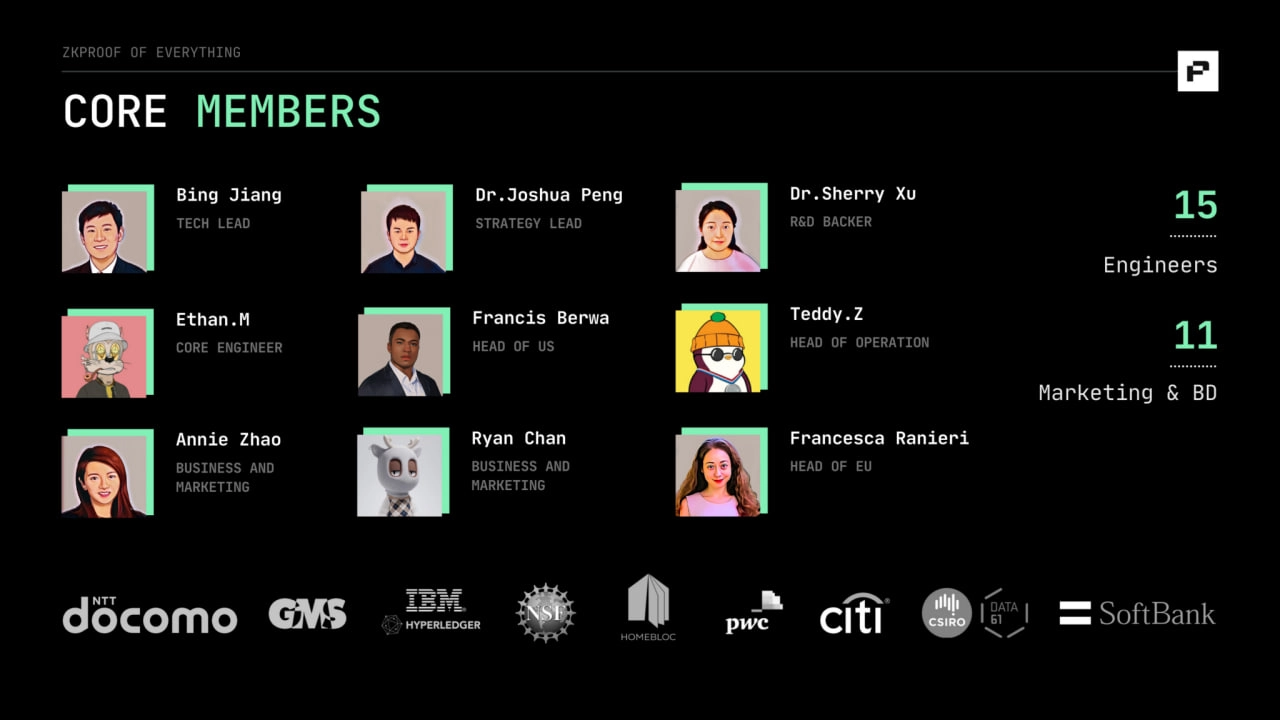
Traction
zkPass is pioneering a new market with its vision of an oracle that verifies private data. Despite being a relatively new protocol, the platform has already generated over 1 million proofs and partnered with more than 60 protocols, demonstrating its growing adoption. Additionally, zkPass has built a strong community of over 200,000 members, an essential aspect of success in the Web3 world.
Investors

Conclusion
zkPass offers an advanced and efficient identity verification and data privacy protection solution. The project leverages three core technologies: Multi-Party Computation (MPC), Zero-Knowledge Proofs (ZKP), and Three-Party Transport Layer Security (3P-TLS). These technologies significantly enhance security systems and ensure smooth information transfer across Web2 and Web3 platforms. zkPass is pioneering a new market segment focused on private data, positioning itself as a unique project with an early mover advantage. Supported by strong investors, zkPass shows great promise in revolutionizing the data privacy and oracles market.
| Fundamental Analysis | |||||
| Assessment | |||||
| Problem | Significant, long-term problem | 3 | |||
| Solution | Distinct, defensible solution | 3 | |||
| Market Size | Large market, significant growth potential | 3 | |||
| Competitors | Emerging market with few strong competitors | 3 | |||
| Unique Value Proposition | Clear differentiation and value for customers | 3 | |||
| Current Traction | Early traction, user engagement starting to grow | 2 | |||
| Unit Economics | Positive unit economics, with plans for further improvement | 3 | |||
| Tokenomics | No clear token strategy or poorly conceived strategy | 1 | |||
| Product Roadmap | Basic roadmap, lacks detail or innovative features | 2 | |||
| Business Model | Proven business model with clear path to profitability | 3 | |||
| Go-to-Market Strategy | Highly effective GTM strategy, innovative and well-differentiated | 4 | |||
| Regulatory Risks | Minimal regulatory risk, strong mitigation and adaptability | 4 | |||
| Total | 70.83% | ||||

